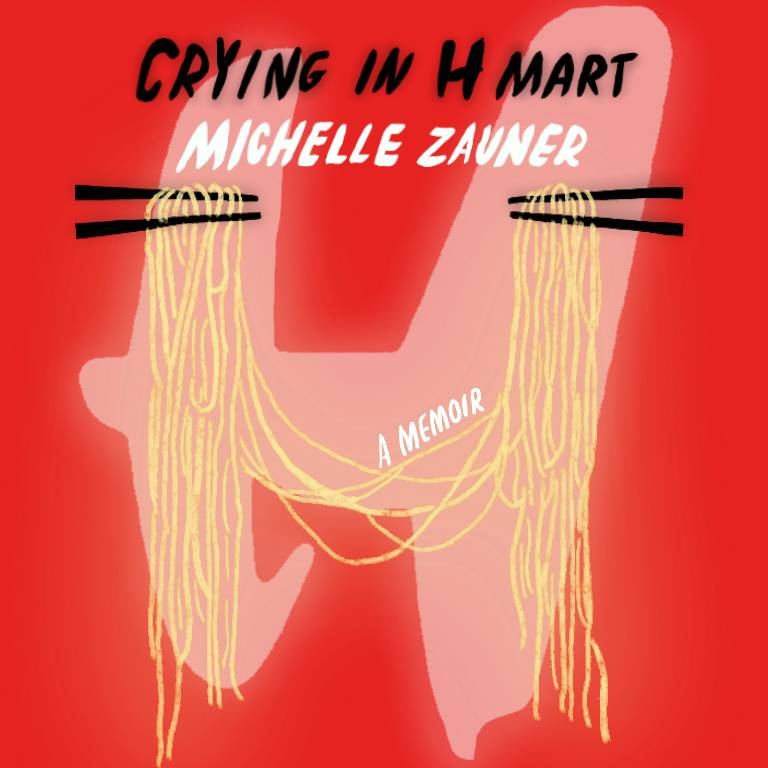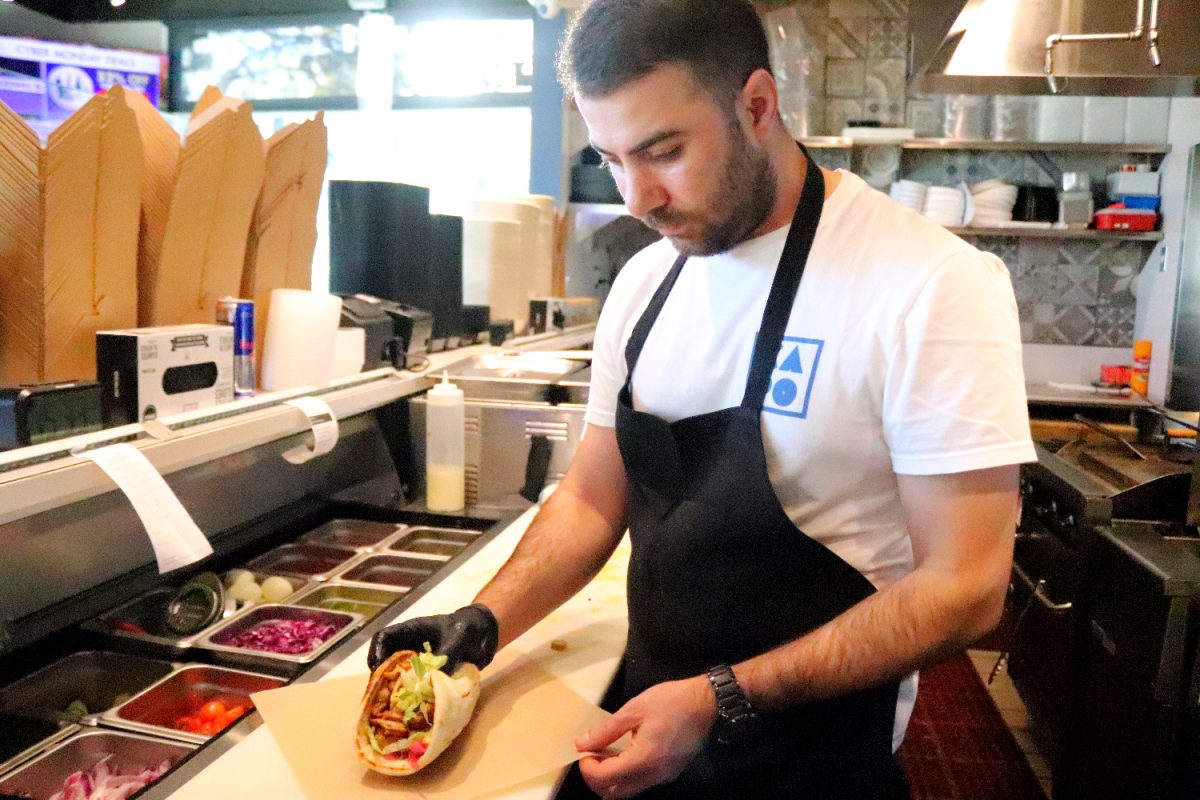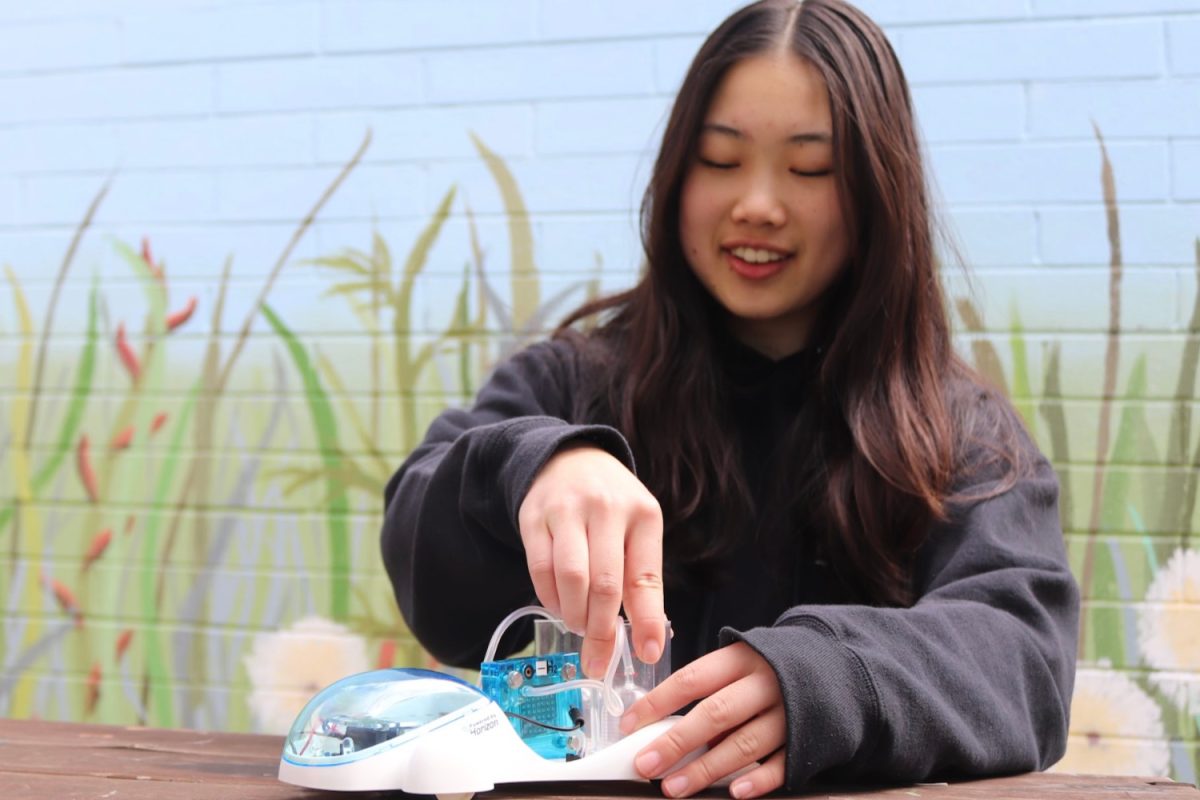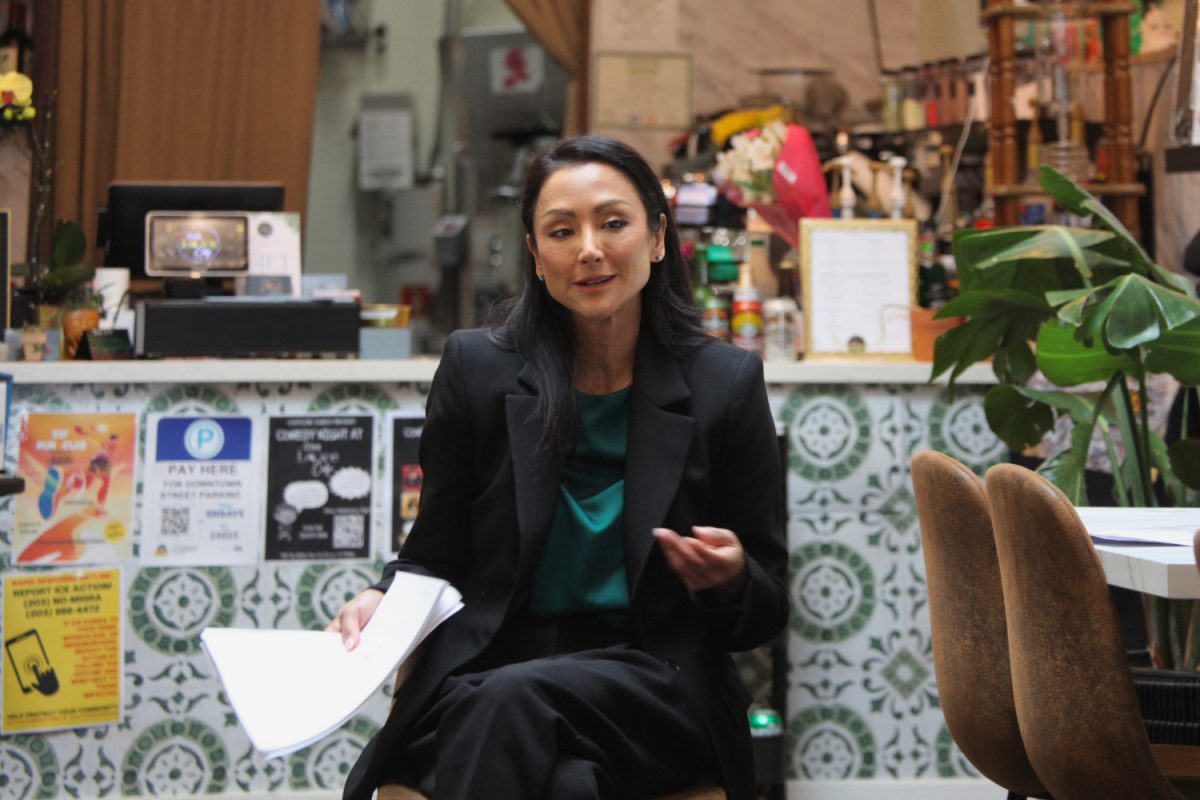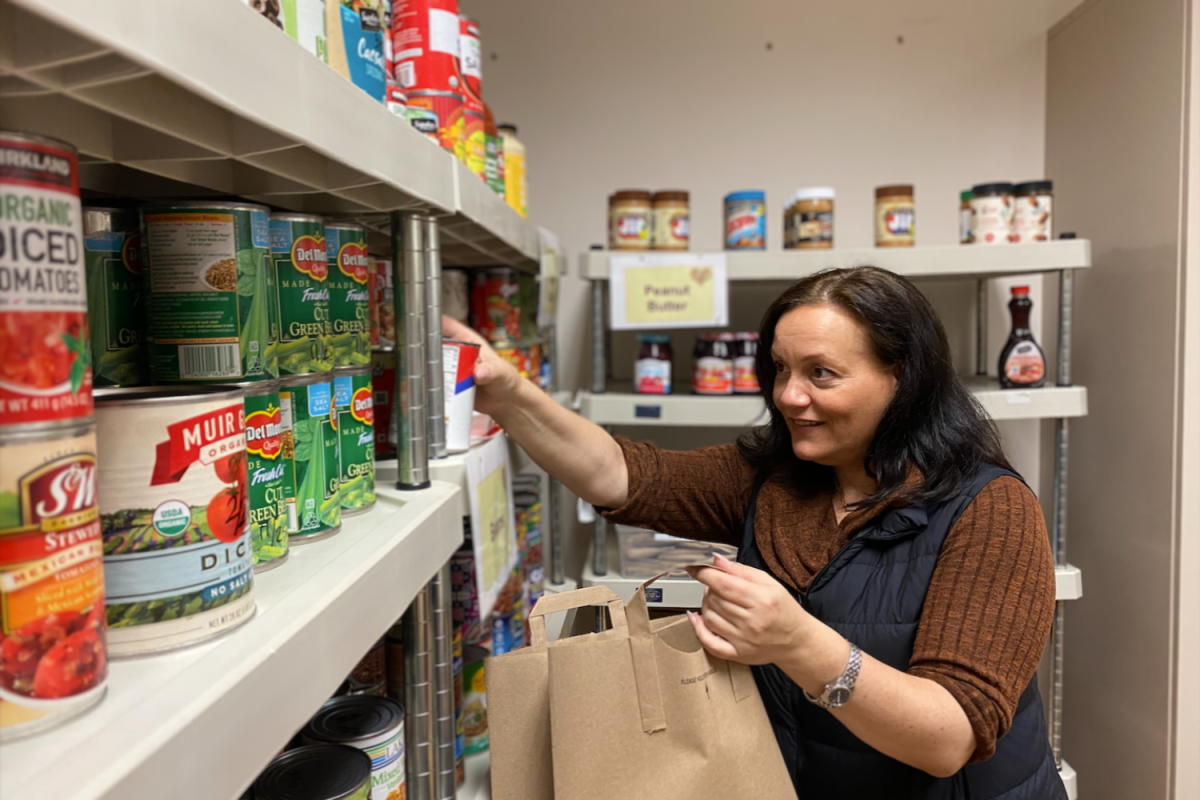Food is often a source of comfort; familiar foods that we grew up with are especially comforting during tough times. “Crying in H Mart” by Michelle Zauner, better known as the lead member of Japanese Breakfast, exemplifies this concept perfectly while encompassing Zauner’s life and her mother’s battle with cancer.
Using food as a unifying theme that many can relate to, the memoir is one of grief, happiness, frustration, and more. It is an emotional rollercoaster, expressing what Zauner found grieving to be: tumultuous, busy, and thankless. It flits from event to event, never stopping to rest. In the latter half of the memoir, it becomes clear that this was exactly what Zauner’s life was like immediately after her mother’s death. She explored the idea that life truly moves on no matter what, expressing what she felt as she had to move on.
The book begins with a trip to H Mart, an Asian market where you can buy anything from groceries to skincare supplies to rice cookers. Poring over the items, Zauner recalls trips with her mother, observing the patrons around her. This recollection sparks the beginning of the story of their relationship, even though this event occurred long after her mother’s death.
Zauner connects her stories with food: memories of childhood meals trailing into family trips to South Korea, video recipes on YouTube following a heartbreaking round of chemotherapy. After the initial introduction of H Mart, she explains that her mother was the fundamental connection to her Korean heritage, mainly through food. She dives into detail about the food they would eat, the Korean lessons she dreaded taking, and the skincare regimens that her mother loved so much.
Venturing into her teenage and early adult life, Zauner recounts the hardships she faced at the end of high school. What one may call a “rebellious streak” was actually depression and a mental breakdown, and the ultimate strain on her relationship with her mother. At the apex of this episode was the reveal of Zauner’s mother’s hidden 10%, a secret that would impact her perspective of her mother’s entire life. Zauner revealed another, less secretive fact a few paragraphs later: her mother had colon cancer.
I thought it was interesting how Zauner continued to focus on food despite the insanity of her life at the time. The meticulous nutrition measurements, the recipes of traditional porridges, and the details about the ingredients. They all brought focus to her grief and how she processed it. At first glance, one might think this book is only about Zauner’s life. It’s really about several things: food, life, death, music, acceptance, and more themes than I could possibly list.
The memoir seemed to speed through their family’s final trip to South Korea and Zauner’s marriage. Her mother’s death seemed to come too soon, and I applaud Zauner for putting that feeling into words. While it is something I have never experienced myself, I couldn’t help but shed tears when the moment came.
The aftermath made me feel numb. This seemed to be the intended effect since Zauner’s words indicated that this was how she felt. Even on her trip to Vietnam with her father, there was little experienced emotion until the trip concluded. Emotions seemed only to appear once she began to sort through her mother’s belongings. The pace, language, and diction contributed to developing themes of grief and moving on.
The food was the most essential part of the memoir. It conveyed thoughts through simple actions, thoughts that could hardly be explained through words but easily discovered through eating. Food is a common piece of human culture, something many can relate to across regions and barriers. As such, the use of food in the memoir was a powerful statement of how much emotion Zauner put into her writing.
Going into the book, I expected more tears and traditionally sad moments. Instead, I read about food. I could not fully relate to Zauner, but the presence of food throughout the memoir hit especially close to home. Being a Korean-American person reading about another Korean-American person provided a perspective I don’t often have with other memoirs, and recognizing some of the dishes she mentioned brought out a connection I didn’t expect to find. It amazed me how much food could make me cry.
“Crying in H Mart” is truly a work of art. It moved me incredibly, bringing me to tears as much as it made me laugh. Zauner’s writing is so detailed that I felt like I was in the room with her at times. I would highly recommend this book to anyone, no matter their situation. It is a beautiful piece and encapsulates several complex themes in a digestible, familiar way. If I had to give this memoir a rating, I would give it 5/5 stars. It is one of the most moving books I have read in a very long time and deserves a high rating.

